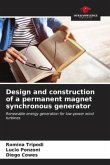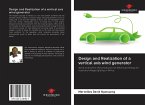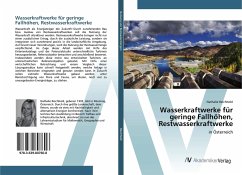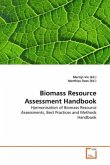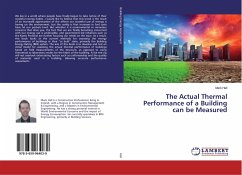The depletion of fossil fuels and the increased
measures to reduce carbon emissions has led to a
substantial increased interest in renewable energies.
As biomass is a carbon neutral fuel, the potential of
biomass combustion is highly interesting for
small-scale water boilers. This book, therefore,
presents the design and development a 20kW Biomass
Heat Generator for domestic or small-scale industrial
use. CFD is used to model a basic biomass boiler
available on the market, and to improve the current
design, investigating the effect of the combustion
geometry and the addition of fins to the tubes. CFD
provides relatively cheap and quick indications of
design optimisation targeting increased thermal
efficiency and/or reduced emissions. A mathematical
model of the combustion of biomass determines the
degree of dissociation in the exhaust gases and the
flame temperature. The emphasis of this book is on
the potential of computational fluid dynamics for
biomass applications and provides a good
understanding of RET in reducing carbon footprint;
and should be especially useful to students,
professionals involved with biomass combustion and
parties interested in wood based water boilers.
measures to reduce carbon emissions has led to a
substantial increased interest in renewable energies.
As biomass is a carbon neutral fuel, the potential of
biomass combustion is highly interesting for
small-scale water boilers. This book, therefore,
presents the design and development a 20kW Biomass
Heat Generator for domestic or small-scale industrial
use. CFD is used to model a basic biomass boiler
available on the market, and to improve the current
design, investigating the effect of the combustion
geometry and the addition of fins to the tubes. CFD
provides relatively cheap and quick indications of
design optimisation targeting increased thermal
efficiency and/or reduced emissions. A mathematical
model of the combustion of biomass determines the
degree of dissociation in the exhaust gases and the
flame temperature. The emphasis of this book is on
the potential of computational fluid dynamics for
biomass applications and provides a good
understanding of RET in reducing carbon footprint;
and should be especially useful to students,
professionals involved with biomass combustion and
parties interested in wood based water boilers.


